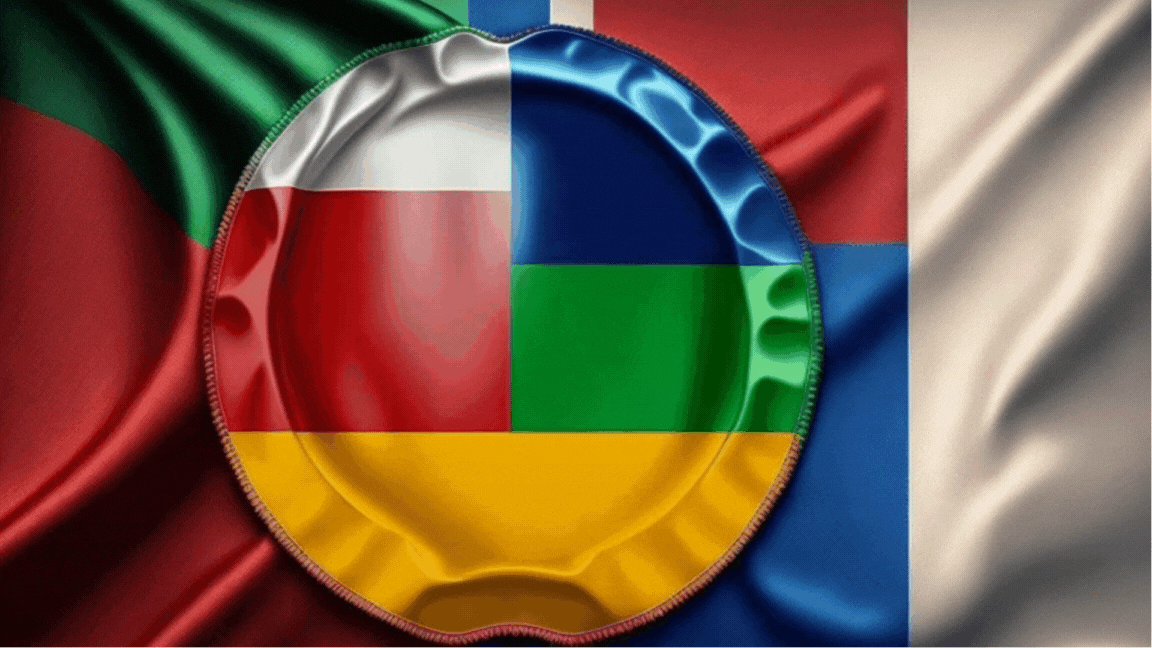The Latin American Report # 591

When the United States designates an organization as a foreign terrorist one, the reception of that measure varies depending on its country of origin. For example, in the Mexican case, the administration of Claudia Sheinbaum argues that this is not the best way to handle the issue, and that everything can become more difficult. This reasoning, although it seems to make concessions and sounds timid or tepid, is linked to the embarrassing regional record showing how strong actions against organized crime—both on the streets and in prisons—have triggered a disproportionate response that authorities have been unable to contain. The ongoing war in Culiacán between criminal factions of the Sinaloa Cartel could be a good argument in favor of the Mexicans here.
In the Ecuadorian case, at least under the leadership of Daniel Noboa, the situation is different. The current head of the Carondelet Palace, born in Florida and heir to an entire national political-economic empire, advocates reforming a constitutional clause introduced by the former president and refugee Rafael Correa, which prohibited the establishment of foreign military bases on Ecuadorian soil. In practice, this Correa-propelled move targeted an American base in Manta, in the coastal province of Manabí, which is currently mired in a violence crisis associated with drug trafficking.
In the context of the visit by U.S. Secretary of State Marco Rubio, Noboa’s government gladly accepted the designation of the gangs Los Lobos and Los Choneros. The Foggy Bottom chief reaffirmed that the designation broadens the Executive’s range of options, including the opportunity to work with and share intelligence with the Ecuadorian government. All this fits within the aggressive posture that Trump is trying to project against complex phenomena such as drug trafficking destined for the United States, appealing to problematic narratives—i.e., the “cartel of the Suns” in Venezuela.
 Source
Source“This time, we’re not just going to hunt for drug dealers in the little fast boats and say, ‘Let’s try to arrest them,’” Rubio stressed. “No, the president has said he wants to wage war on these groups because they’ve been waging war on us for 30 years and no one has responded.” Here he was referring directly to an alleged attack in international waters against a Venezuelan boat, that would be associated with the Tren de Aragua gang. Like Mexico, Ecuador was praised by Rubio for its cooperation, and he said this implied not conducting operations like the Venezuelan one on its territory. Washington also promised nearly $20 million to support Ecuador’s security efforts, marking a much stronger rapport between the two political actors.
Cuba
On the island, once again, the government’s poor communication policy backfired. For years, the high level of secrecy that characterizes communication in Cuba has been criticized, because of the often exaggerated sensitivity that political power attributes to certain, if not all, events. On this occasion, the matter involves a mass vehicular assault intentionally carried out by an Italian citizen with permanent residence here, in the early hours of August 25.
On Wednesday, a digital newspaper supported by the so-called “democracy” programs run by USAID and the State Department against Cuba, claimed, without hard proof, that the perpetrator of the incident—quite unheard-of in the Cuban scene—was Berto Savina, a highly successful Italian businessman in Havana. Up to that moment, the Cuban government had kept silent not only about the name but also about the nationality of the individual, whose reckless conduct killed one person and wounded eight. Thus, yesterday, the Attorney General’s Office finally released the perpetrator’s identity. The interesting question here is: would we have known this information by now if the (false) report from 14ymedio had not been published?
This is all for today’s report.
